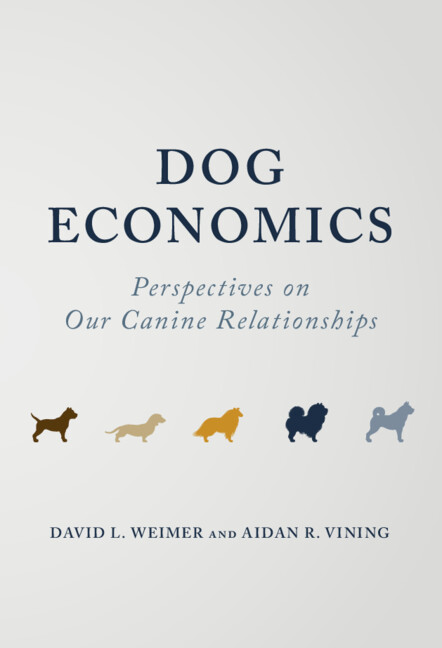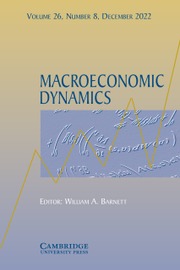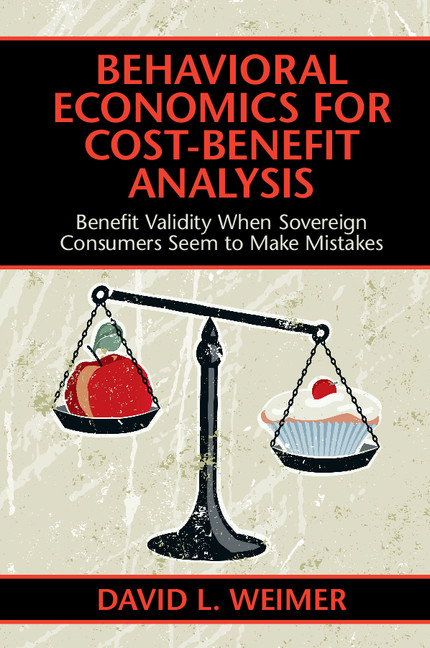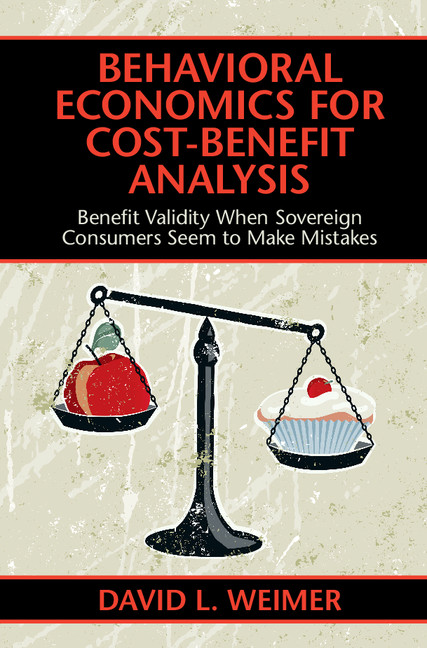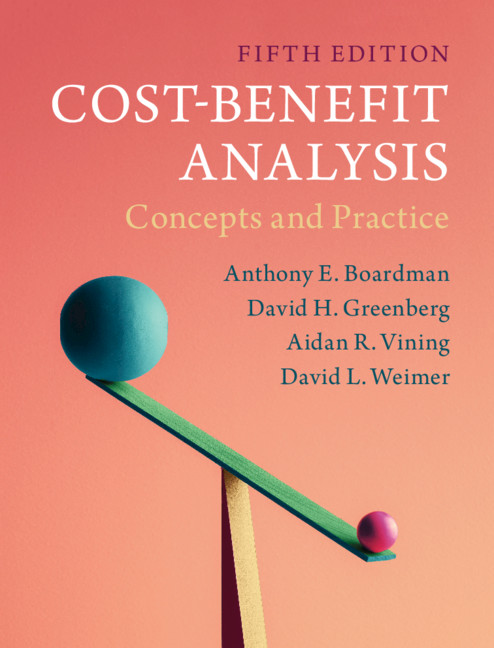Dog Economics
Archaeologists, anthropologists, and evolutionary biologists study the origins of our relationship with dogs and how it has evolved over time. Sociologists and legal scholars study the roles of dogs in the modern family. Veterinarian researchers address the relationship in the context of professional practice, yet economists have produced scant scholarship on the relationship between humans and dogs. Dog Economics applies economic concepts to relationships between people and dogs to inform our understanding of their domestication. It interprets their contemporary role as both property and family members and explores factors that affect the demand for dogs as well as market failures of the American puppy market. Offering economic perspectives on our varied relationships with dogs, this book assesses mortality risks and addresses end-of-life issues that commonly arise. It develops a framework for classifying canine occupations, considers the impact of pet insurance on euthanasia, and assesses the social value of guide dogs.
- Introduces and applies the basic economic concepts useful for understanding human relationships with dogs
- Provides interesting applications for students in introductory economics courses making an excellent supplementary text for microeconomics
- Helps canine researchers identify potentially useful work in other fields and provides a policy-relevant framework for their contributions toward improving dog welfare
- Deepens dog lovers' understanding of the origin of the human-dog relationship and how it plays out in contemporary society
Reviews & endorsements
‘An engaging book that innovatively applies economics to understanding human interactions with dogs. In a time when bridging species boundaries is critical for a deep appreciation of contemporary life, Dog Economics offers thought-provoking insights into government and business connections to animal policy issues, from canine healthcare to working dogs.’ Jerry Mitchell, Baruch College, The City University of New York
‘Weimer and Vining illustrate the rich insights that economic theory can provide about our relationships with dogs. This approach does not lead them to promote an inhumane perspective that reduces dogs to expendable commodities. Instead, they illustrate how the application of economic theory can improve the lives of both humans and dogs, by helping us appreciate what dogs bring to the table and helping us design policies that could promote their wellbeing.’ Stéphane Lavertu, Professor of Public Policy, John Glenn College of Public Affairs, The Ohio State University
‘Dog Economics provides a long overdue examination of the economics surrounding pet ownership. Weimer and Vining present what is by far the most comprehensive and insightful analysis into the economic aspects of every decision impacting the lives and well-being of dogs. Pet owners will appreciate the accessibility with which the book provides valuable insights that are of practical relevance.’ W. Kip Viscusi, University Distinguished Professor of Law, Economics, and Management, Vanderbilt University
Product details
February 2024Hardback
9781009445559
216 pages
235 × 160 × 18 mm
0.465kg
Available
Table of Contents
- 1. Dogonomics: Homo Economicus versus Canem Amans
- 2. Chasing the Tale: Origins of the Human – Dog Relationship
- 3. Love Me, Love My Dog: The Demand for Dogs
- 4. How Much Is That Doggy in the Window? Supply, Information Asymmetry and Negative Externality in the Dog Market
- 5. You Bet Your (Dog's) Life: The Value of a Statistical Dog Life (VSDL)
- 6. A Doggone Shame: Hard Decisions about Euthanasia and Dogs' Lives
- 7. Working for the Man: Canine Occupations
- 8. Dogonomics: Past, Present, and Future.

